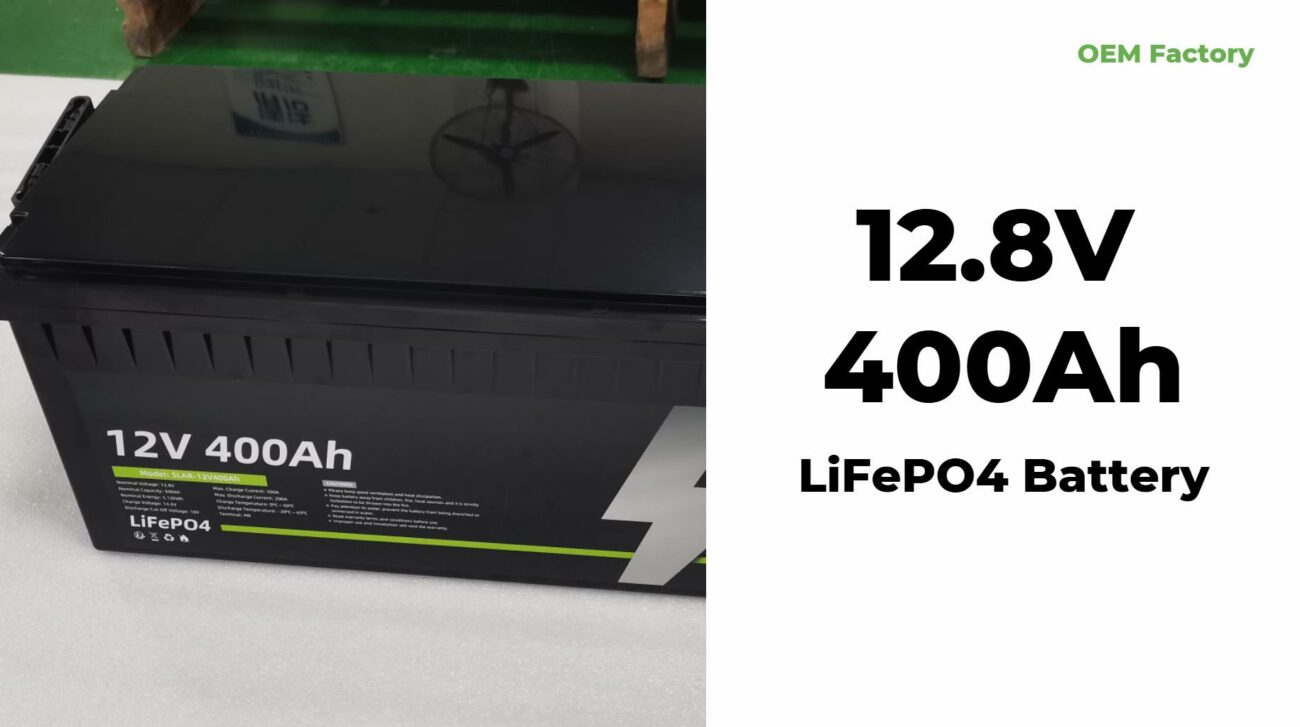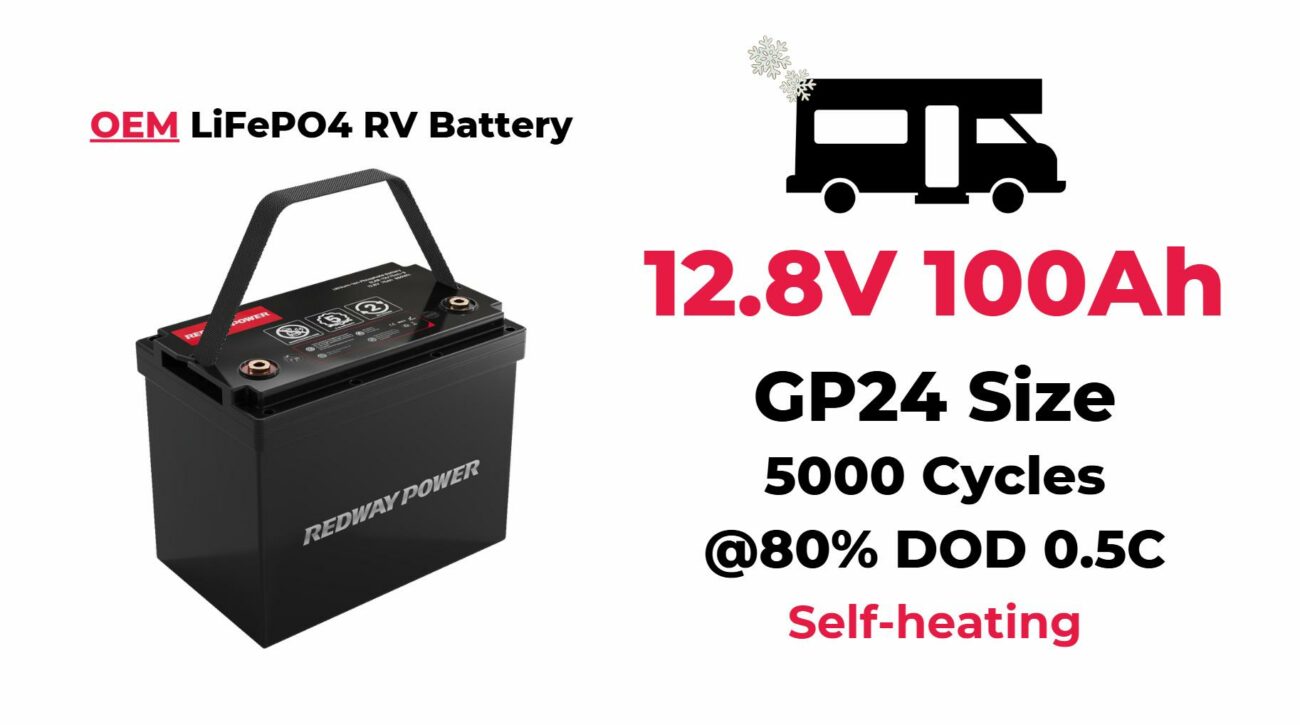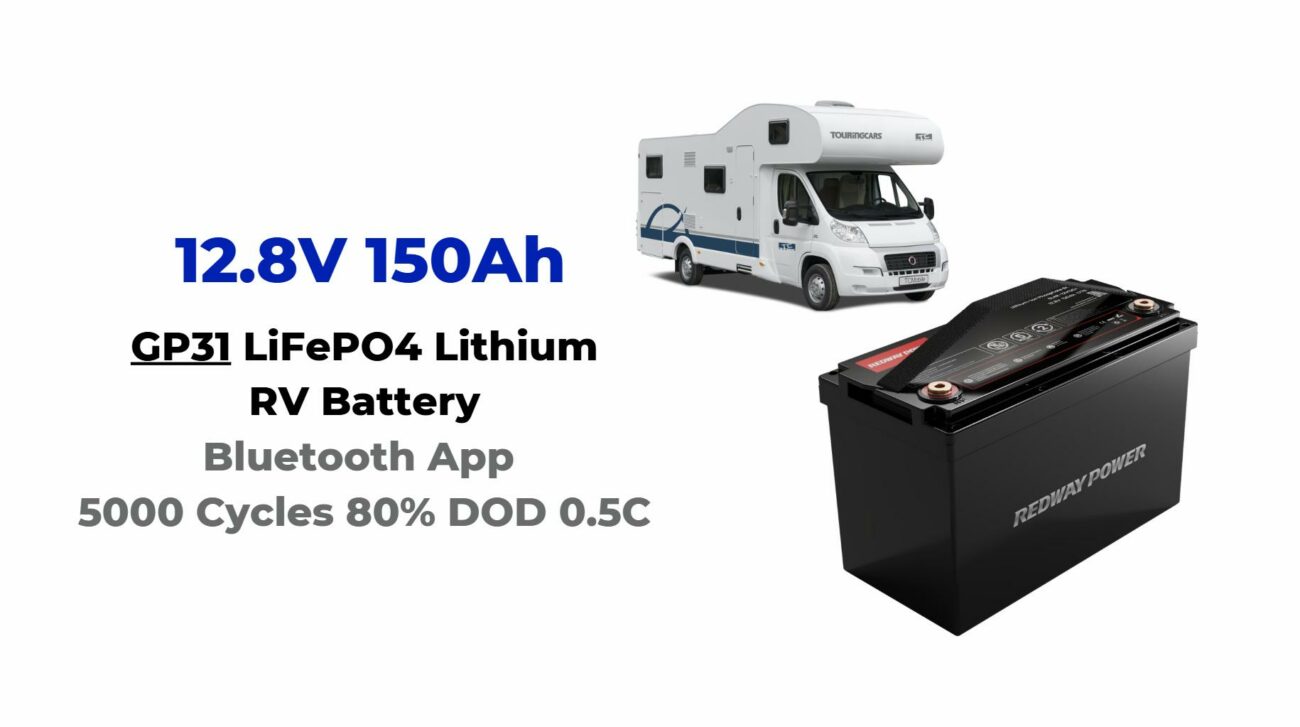What You Need to Know About LiFePO4 Battery Capacities and Types
LiFePO4 batteries are known for their safety, longevity, and efficiency, making them an increasingly popular choice for various applications. Understanding the different capacities and types, such as the 48V 100Ah and the 200Ah 12V models, is essential for selecting the right battery for your needs.
What Are the Common Capacities for LiFePO4 Batteries?
LiFePO4 batteries come in various capacities to suit different applications. Common capacities include:
- 12V Models: Typically range from 50Ah to 200Ah, ideal for smaller systems such as RVs and solar setups.
- 48V Models: Often available in capacities like 100Ah, 200Ah, and 300Ah, suitable for larger energy storage systems and electric vehicles.
These capacities allow users to select batteries based on their specific energy requirements, ensuring optimal performance.Diagram: Common Capacities of LiFePO4 Batteries
How Do Different Capacities Affect Performance in LiFePO4 Batteries?
The capacity of a battery directly influences its performance characteristics:
- Higher Capacity: A 300Ah battery can deliver more energy over time, making it suitable for applications with high power demands, such as off-grid solar systems.
- Lower Capacity: A 100Ah battery may be sufficient for smaller devices or applications where space is limited, such as portable electronics.
Understanding these differences helps users choose batteries that align with their operational needs.
Why Should You Consider a 48V 100Ah LiFePO4 Battery?
A 48V 100Ah LiFePO4 battery is an excellent choice for those looking to balance performance with efficiency. Key benefits include:
- High Efficiency: Provides consistent power output, making it ideal for renewable energy systems.
- Compact Design: Fits into various setups without taking up excessive space.
- Long Cycle Life: With proper care, these batteries can last over 2000 cycles, providing significant value over time.
This combination of features makes the 48V 100Ah model a versatile option for many users.Diagram: Advantages of a 48V 100Ah LiFePO4 Battery
What Are the Advantages of a 200Ah 12V LiFePO4 Battery?
The 200Ah 12V LiFePO4 battery offers several advantages that cater to specific applications:
- Extended Runtime: Ideal for applications requiring prolonged energy supply, such as backup power systems.
- Lightweight Design: Compared to lead-acid batteries, it offers substantial weight savings while maintaining high capacity.
- Safety Features: Equipped with built-in BMS protection against overcharging and overheating.
These characteristics make it suitable for RVs, marine applications, and other mobile uses.
How Does a 12.8V 100Ah LiFePO4 Battery Perform in Various Applications?
The 12.8V 100Ah LiFePO4 battery is particularly versatile due to its compact size and efficient performance. It is commonly used in:
- Solar Energy Systems: For storing excess energy generated during sunny periods.
- Power Tools: Providing reliable power without the weight of traditional batteries.
- Portable Devices: Its lightweight design makes it ideal for applications where mobility is essential.
This adaptability ensures that users can find numerous applications suited to this battery type.Diagram: Applications of a 12.8V 100Ah LiFePO4 Battery
Why Choose a 300Ah LiFePO4 Battery for Your Energy Needs?
Opting for a 300Ah LiFePO4 battery can significantly enhance your energy storage capabilities:
- High Capacity: Provides ample power for large systems such as home energy storage or electric vehicles.
- Longer Lifespan: With robust cycle life ratings, these batteries can handle extensive use without significant degradation.
- Efficiency in Discharge Rates: Capable of delivering high currents efficiently, making them suitable for demanding applications.
Choosing this capacity ensures that users have sufficient power reserves even during peak demands.
Expert Views
“Selecting the right capacity in a LiFePO4 battery is crucial not only for performance but also for ensuring longevity and safety. As technology advances, these batteries continue to evolve, offering more options tailored to specific needs.” – Industry Expert
FAQ Section
Q1: What are common capacities available for LiFePO4 batteries?
Common capacities include models ranging from 50Ah to 300Ah, with both 12V and 48V configurations available.Q2: How does capacity affect battery performance?
Higher capacity batteries can deliver more energy over longer periods, while lower capacity options are better suited for smaller devices or limited space.Q3: Why consider a 48V 100Ah battery?
The 48V 100Ah battery offers high efficiency, compact design, and long cycle life, making it ideal for renewable energy systems.Q4: What advantages does a 200Ah 12V battery provide?
The advantages include extended runtime, lightweight design compared to lead-acid options, and built-in safety features.Q5: In what applications can a 12.8V 100Ah battery be used?
It is commonly used in solar energy systems, power tools, and portable devices due to its versatility and efficiency.




